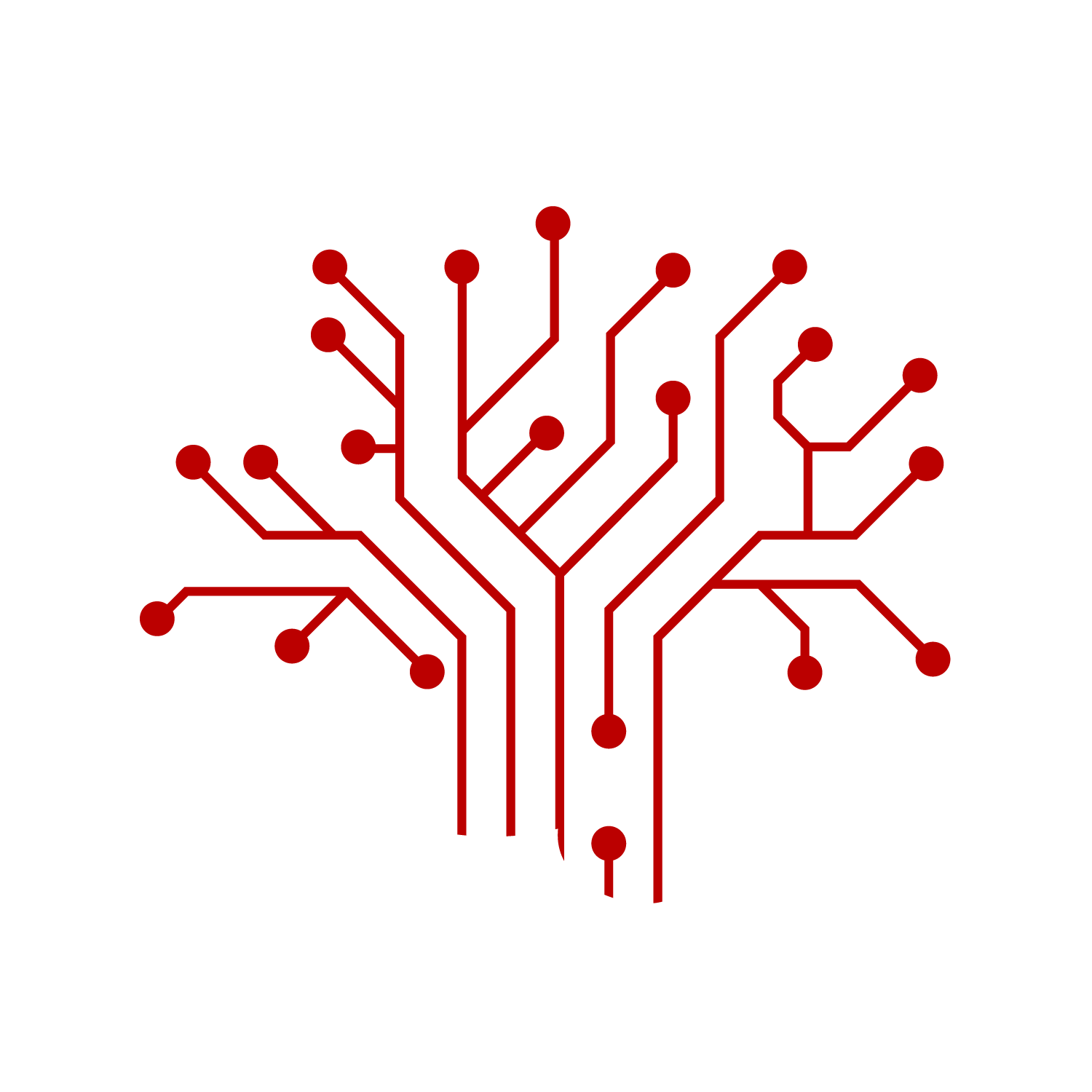Developing New Skills Doesn’t Disrupt Old Knowledge
CMU neuroscientists demonstrate that learning won’t cause the brain to automatically purge acquired information
By Kirsten Heuring
Media Inquiries- Associate Dean for Communications, MCS
- 412-268-9982
For years, researchers have been trying to find ways to allow people who lose limbs to learn how to use new robotic prostheses. Though researchers at Carnegie Mellon University have made progress, they were concerned that gaining use of these new robotic limbs would affect existing networks of neurons within patients’ brains.
In a recent paper published in Nature Communications, researchers from CMU’s Mellon College of Science and the College of Engineering have used brain-computer interface (BCI) methods to see if this was the case. They found that learning new skills does not necessarily disrupt the neural mechanisms behind previously learned skills.
“Our finding is good news,” said Sandra Kuhlman, an associate professor of biological sciences and principal investigator on the research. “The number of neurons we have doesn’t appear to limit how many memories we can hold. So as you learn a new skill, it isn’t inherently disruptive.”
Kuhlman was joined by Brian Jeon, a postdoctoral fellow in biological sciences, and Steven Chase, a professor in the Department of Biomedical Engineering and the Neuroscience Institute. Jeon initially designed the experiment for his Ph.D. thesis, and Chase assisted with creating the BCI, which allows a brain to directly affect a computer based on the activity of neurons.
Together, the researchers were investigating neuroplasticity, the brain’s ability to change and rewire itself based on external information. Though neuroscientists have long known that the brain can rearrange connections, they have been uncertain about the extent of these changes.
The researchers used a BCI in the primary visual cortex of mice, in which mice were rewarded when they used the neural activity of their visual neurons to move an auditory computer cursor to a target. The neurons’ visual responses were measured before and after the BCI training to determine if there were any changes in function.
“The limits of how flexible versus how stable a brain area is are relatively unknown,” Jeon said. “To our surprise, the visual cortex was surprisingly robust to a lot of different interferences you can put on the system.”
Instead, researchers said it appeared that contextual stimuli influence how circuits are used. Based on different cues, such as the type of reward available, the mice could determine what task they would be doing, and the same circuit could be used in a completely different way.
“The neuron essentially can have two different roles in two different contexts, and it seems like the way that the neuron functions is highly dependent on the context that you put a certain system in,” Jeon said.
The researchers have begun to plot out their next steps. One step is to further examine how changes might occur in other cortices, like other sensory cortices or the motor cortex, and another is to find out how context dependent neural circuits are controlled.
“Presumably, it’s from upstream cortical areas coming in and forcing the circuit to respond in one way versus another,” Chase said. “That's a super interesting question from a learning standpoint to understand how that develops.”
Kuhlman said she sees this research as a blend of factors that could only work through the interdisciplinarity between colleges at CMU.
“This project really represents the power of collaboration and cross-disciplinary work,” Kuhlman said. “I think it this type of study could only have been done if you have a student willing to have two different advisors from different fields.”
Jeon, Chase and Kuhlman were joined by Thomas Fuchs, a research associate in biological sciences, on the project, “Existing function in primary visual cortex is not perturbed by a new skill acquisition of a non-matched sensory task.” The project received funding from the NIH, the Curci Foundation, a PA Health Grant and Intelligence Advances Research Projects Activity.

